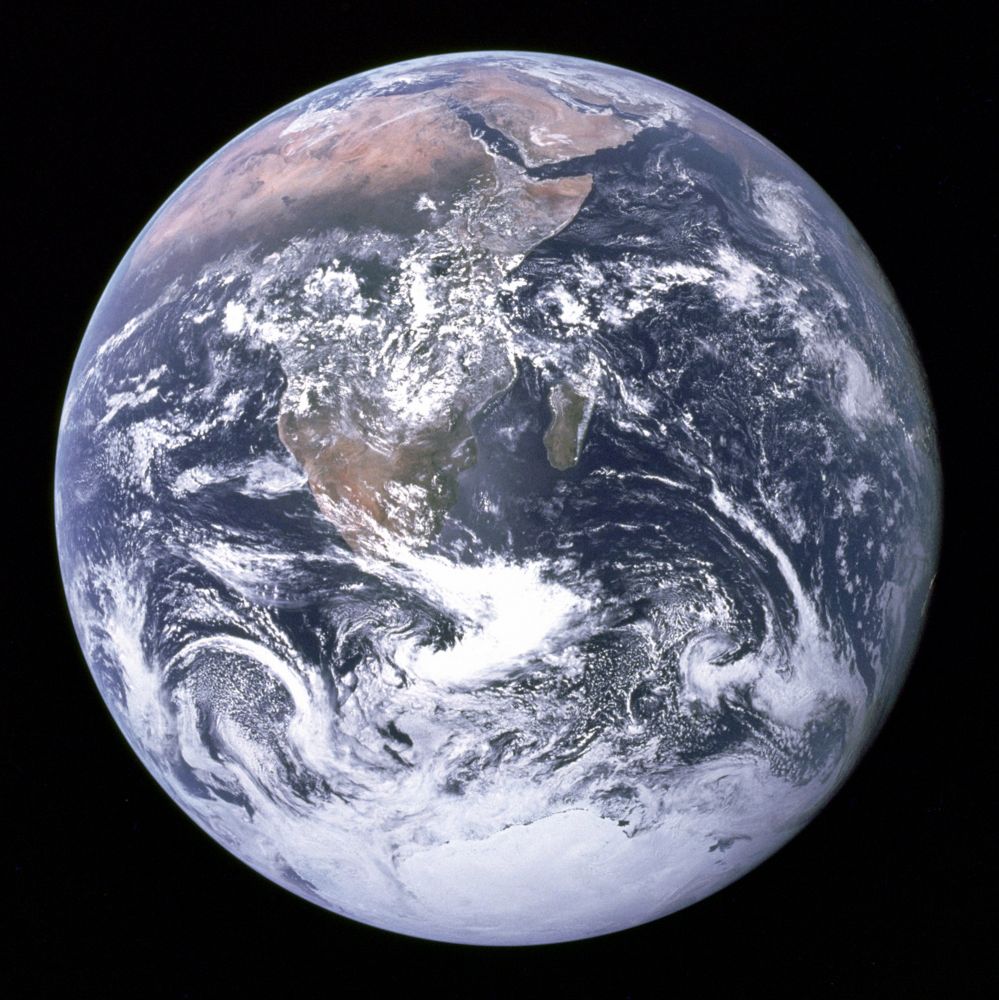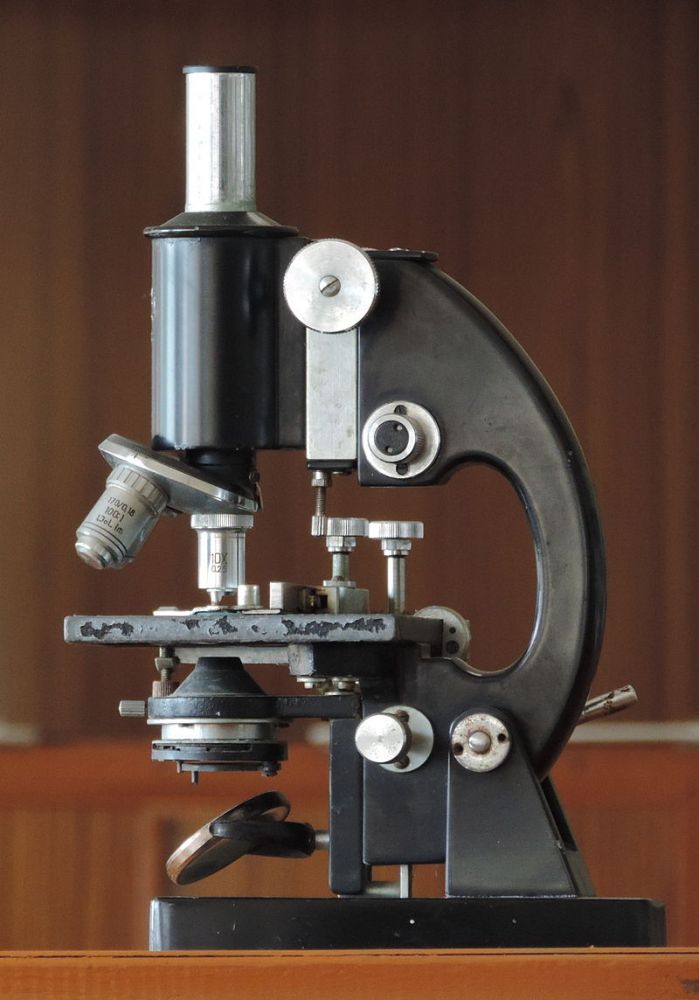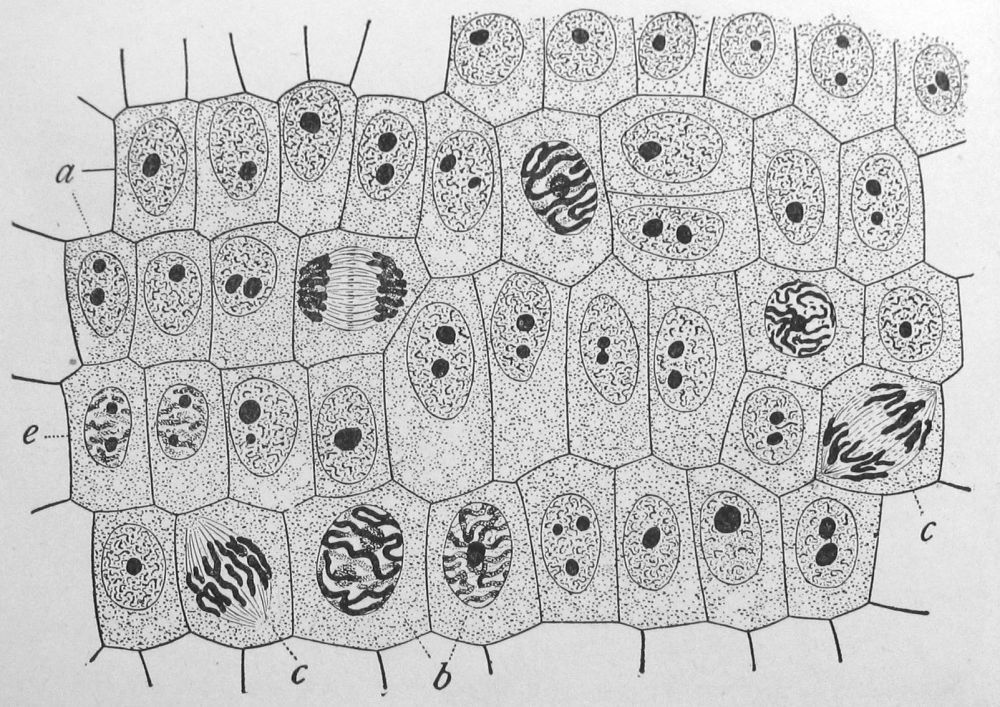古植物学的故事
古植物学的故事-Story of PaleobotanyMacroscope(宏观镜) vs Microscope(显微镜)
中文引言:宏观镜(macroscope) 和显微镜(microscope)的发明和应用极大地拓展了人类探索大自然(包括人类自身)的广度和深度,促进了人类思想认识的巨大解放,给人类科技和日常生活带来革命性的进步。现代植物和化石植物的深入研究都离不开宏观镜和显微镜。
Macroscope (宏观镜) and microscope (显微镜) consist of indispensable and powerful devices, which bring about stirring observations and revolutionary understandings of nature with human beijings included. Neobotanists and paleobotanists have to resort to macroscope and microscope to make seminal and integrative studies of living and fossil plants.
∮1 Human eye
The human eye is a sense organ, which is a complex optical system. Some gross morphological characters of living and fossil plants can be observed using human eyes. People can feel that the red leaves of recent maple trees in autumn are very beautiful. The teeth of fossil angiosperm leaves can be observed if they are present.

Fig.1. Human eye
https://en.wikipedia.org/wiki/Human_eye
∮ 2 Macroscope
2-1 Macroscopic scale
“The macroscopic scale is the length scale on which objects or phenomena are too large to be visible practically with the naked eye.”
https://en.wikipedia.org/wiki/Macroscopic_scale
2-2 Satellite
Satellites serves as global macroscopes for many purposes. The satellite images are utilized to observe the changing pattern and process of terrestrial vegetation and landscape.

Fig.2 .OES-8, a United States weather satellite.
https://en.wikipedia.org/wiki/Earth_observation_satellite

Fig.3. The Blue Marble" is a famous photograph of the Earth taken on December 7, 1972, by the crew of the Apollo 17 spacecraft en route to the Moon at a distance of about 29,000 kilometres (18,000 mi). It shows Africa, Antarctica, and the Arabian Peninsula. (Created: 7 December 1972)
https://en.wikipedia.org/wiki/Earth
2-3 Other macroscopes
……
∮ 3 Microscope
3-1 Microscopic scale
“The microscopic scale is the scale of objects and events smaller than those that can easily be seen by the naked eye, requiring a lens or microscope to see them clearly.”
https://en.wikipedia.org/wiki/Microscopic_scale
3-2 Compound microscope

Fig.4. A compound microscope in a Biology lab.
https://en.wikipedia.org/wiki/Microscope

Fig.5. General view of cells in the growing root-tip of the onion from a longitudinal section (Created: 31 December 1899)
Original figure legend: "General view of cells in the growing root-tip of the onion, from a longitudinal section, enlarged 800 diameters. a. non-dividing cells, with chromatin-network and deeply stained nucleoli; b. nuclei preparing for division (spireme-stage); c. dividing cells showing mitotic figures; e. pair of daughter-cells shortly after division."
Edmund Beecher Wilson - Figure 2 of: Wilson, Edmund B. (1900) The cell in Development and Inheritance (2nd ed.), New York City: The Macmillan Company
https://en.wikipedia.org/wiki/Cell_(biology)
3-3 Other microscopes
…..
Acknowledgement: The relevant images as well as illustrations in the series of Plant Morphology and Anatomy for Neobotany and Paleobotany are cited for pedagogical and scientific purposes and gratefully acknowledged.
--------------------------------
Qigao Sun (孙启高 2016年元月16日初步整理)
植物形态解剖学: Neo & Paleo-植物学(2)
结构植物学: Neo & Paleo-植物学(2)
Morphology & Anatomy: Neobotany+Paleobotany(No.2)
Structure Botany: Neobotany+Paleobotany(No.2)
------------------------
Morphology & Anatomy: Neobotany+Paleobotany(No.0)
Structure botany: Neobotany+Paleobotany(No.0)
Feng Chun-ling: Botany Theory of Theophrastus
冯春玲:植物学之父--提奥弗拉斯托斯的植物学思想研究:以《植物史》和《植物的本原》为中心(in Chinese with English abstract)
http://blog.sciencenet.cn/blog-225931-942259.html
2015-12-10 00:46
植物形态解剖学: Neo & Paleo-植物学(1)
结构植物学: Neo & Paleo-植物学(1)
Morphology & Anatomy: Neobotany+Paleobotany(No.1)
Structure Botany: Neobotany+Paleobotany(No.1)
植物学之父Theophrastus:植物形态解剖学
Theophrastus: the origin of plant morphology and anatomy (in English with Chinese introduction)
http://blog.sciencenet.cn/blog-225931-950680.html
2016-1-16 02:00
=====================




